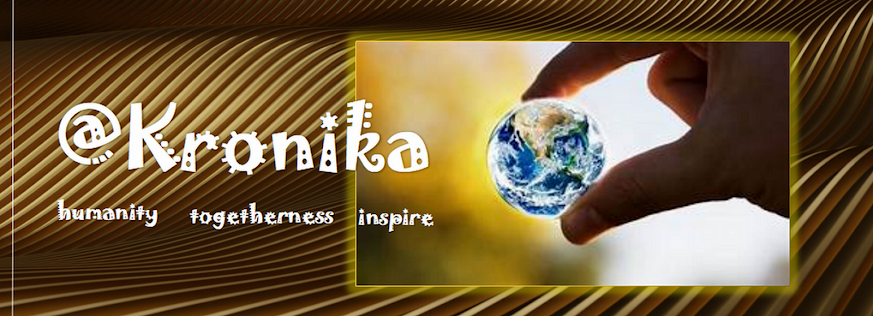Whatever the difference in mindset between the two great heroes of the black nation, Martin Luther King Jr. and Malcolm X, it is not good to be reported, because both have large masses of supporters scattered around the world. In particular, it will have an impact on the destruction of the unity of the black nation. Moreover, if it is the black people themselves who preach, then it is counter-productive, a boomerang for anti-racist fighters/activists, destroys the spirit of the Black Live Matter movement, and will even further destroy the realization of the African Renaissance. Haven't President Thabo Mbeki and scientists warned that "there will not be a renaissance in Africa if it is not preceded by unity?"
Even though it only lasted a few minutes, the historic meeting between MLK and Malcolm X should be appreciated, because the goal is very positive value. In a way, even if the two figures were to stand side by side, the world would see them as a pair of best friends united. Especially if we shake hands with each other, hug each other, smile at each other. And the fact in the published photos is like that. So for the sake of establishing unity, harmony, togetherness, especially black people, and humanists as fellow human beings in general, logically we respect the mindset of both, aren't great figures of their caliber certainly more sensitive in thinking?
On March 25, King and Malcolm were both on Capitol Hill watching a Senate hearing on legislation aimed at ending segregation in public places and racial discrimination in employment. After King ended the press conference, he was approached by Malcolm, and the two shook hands and exchanged greetings. As the camera clicked, Malcolm expressed his desire to be more active, saying, "I threw myself into the heart of the civil rights struggle." Then, as soon as it started, the brief encounter between the two legends.
Just weeks later, Malcolm was killed, while delivering a speech at New York's Audubon Ballroom. He is 39 years old. King wrote a letter of condolences to Betty Shabazz, Malcom's widow, saying, "While we don't always see a way to solve racial problems, I have always had deep affection for Malcolm and feel that he has an uncanny ability to pinpoint the whereabouts and root cause of problems."
In the years that followed, King himself embraced what many saw as a more radical position. He became an outspoken opponent of the Vietnam War, and its disproportionate effect on African Americans, fighting for the freedoms of other countries while still confronting racism at home. He turned his attention to the systemic problem of poverty, expanding his focus from the disparate south across the country, including the Poor People's Campaign culminating in another march in Washington in the summer of 1968.
King's more impassioned approach unsettled some of his more moderate supporters and made him a new foe among civil rights opponents, but, like Malcolm before him, it marked an evolution in King's thinking. It was this economic justice campaign that brought King to Memphis, Tennessee, in April 1968, the scene of a strike by sanitation workers for better pay and equal opportunities. On April 4th, he too was murdered, also dead, at 39 years old too
Both great warriors, both legendary fighters, both caring for each other, both died at the age of 39. So keep reporting about their similarities, it will definitely help the realization of the black nation's unity.
If you want the complete material @kronika, please click the link: https://medium.com/subscribe/@gofindtalent


.jpg)
.jpg)
.jpg)
.jpg)
.jpg)
.jpg)
No comments:
Post a Comment